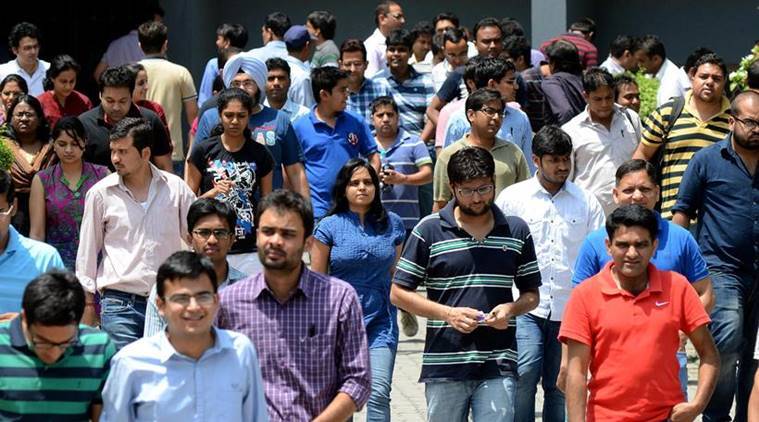No products in the cart.
Don’t blame PM Modi, 95% IT graduates not fit for hiring- reports reveal
In a recent interview to a national daily, the CEO of Tech Mahindra, CP Gurnani told that about 94% of the IT graduates are not fit for hiring. The chief executive officer didn’t beat around the bush as he stressed the fact that the Indian IT industry is short of skills. To steer the development of the IT industry and to take it to the next level, skills are required in order to survive in this industry according to the CEO.
CP Gurnani went on to cite an example, A student scoring 60% marks cannot pursue BA-English today but can definitely go in for engineering, he said. “My point is simple – are we not creating people for unemployment? The Indian IT industry wants skills.

For example, Nasscom says 6 million people are required in cybersecurity by 2022. But we have a skills shortage. The point is if I am looking for a robotics person and instead I get a mainframe person, then it creates a skill gap. This comes as a big challenge,” he told the newspaper.
When asked about how serious is this skill gap scenario, he said, “If you come to Tech Mahindra, I have created a five-acre tech & learning centre. Other top companies have also created similar facilities to skill employees. For learnability, skill development and being ready for the market, the onus is now shifting onto the industry… Despite all this, the top 10 IT companies take only 6% of the engineering graduates. What happens to the remaining 94%?”
When asked about the chances of hiring, CP Gurnani said, “Hiring is going to be impacted. One reason is that the equation is now no longer linear. For example, earlier for every million dollars of revenue, 20 people were hired. The equation is changing because of increasing productivity, automation and further tools. The same million dollars will equal 15 new jobs. You need 25% lesser people.”
He further added, “The industry will move on… (and) every company will come up with their own strategy of dealing with it. But, there is all evidence of a shortage of skilled labour. Sooner than later, the US has to realise that the equilibrium has to set in.
I believe that if the US does not want the products to be developed on their shores, the products will get developed in some other country. The US has always benefited from the fact that it was the best destination for talent. Now, it is their problem to solve.”
When asked about there can be a group of innovation from the US to other countries, he said, “This is already happening, and there are evidences. The Canadian Prime Minister openly declares that, “Don’t go to the US, come to Canada”. He is openly using it as an opportunity.”












